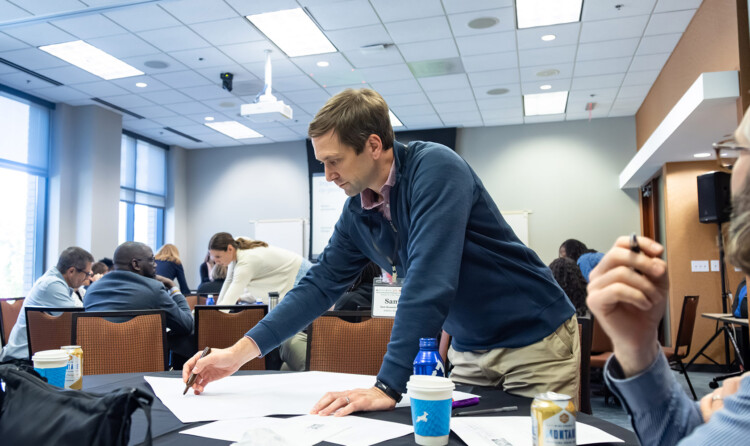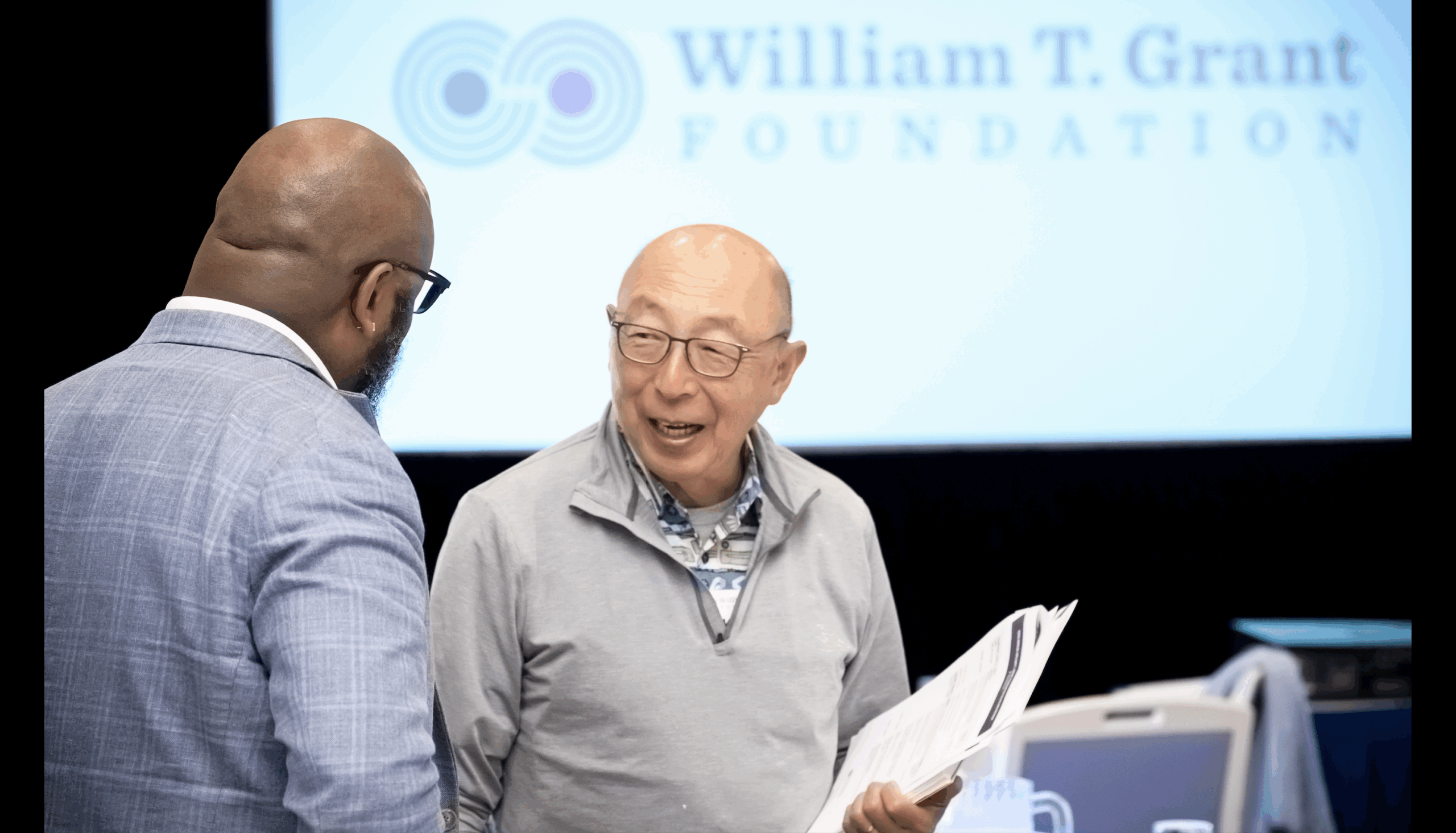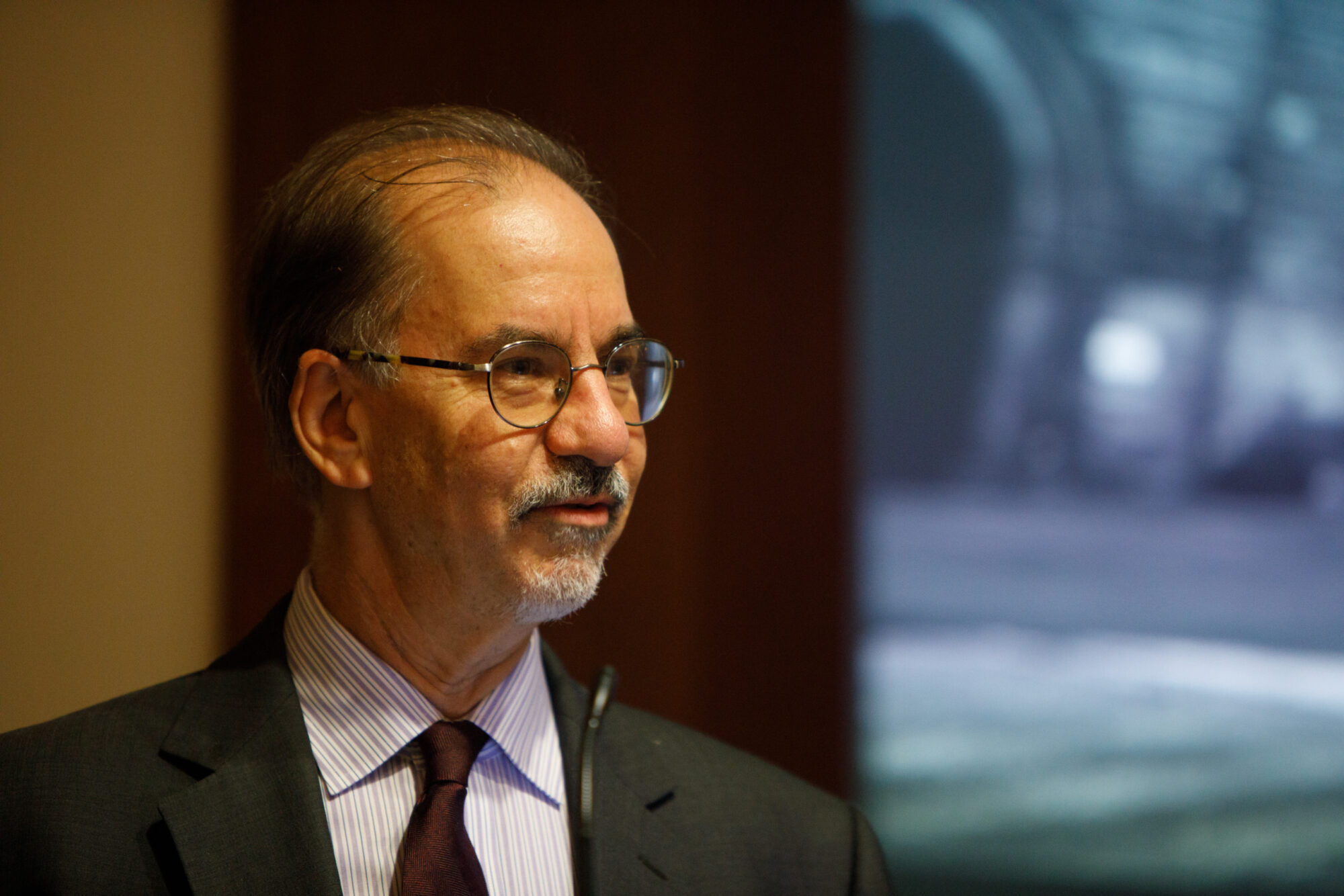When William T. Grant established this Foundation in 1936, he wanted, in his words, to support research that would yield new insights about why some people led happy and successful lives and others did not. Armed with this evidence, he reasoned, social institutions such as schools, welfare agencies, and workplaces could help all persons succeed. Today, the William T. Grant Foundation continues to support high-quality research to improve the lives of young people.
For the past 10 years, the Foundation has supported stellar work on understanding social settings and their effects on youth development. This work and previous Foundation studies set the stage for our new focus area: reducing inequality.
Reducing inequality, to be clear, is not a new idea at the Foundation.
Reducing inequality, to be clear, is not a new idea at the Foundation. The year 2013 marked the 25th anniversary of one of our most important accomplishments: the landmark report The Forgotten Half: Pathways to Success for America’s Youth and Young Families. A product of the Foundation’s Commission on Work, Family, and Citizenship, the report documented our nation’s under-investment in young people who do not go to college and made the case for improving efforts to support the economic success and well-being of all young people. The Forgotten Half resonates equally well with the Foundation’s earliest themes and today’s pressing social issues, as helping young people become “college and career ready” is a national priority.
Despite improvements in research in recent decades, even today we fall short of Mr. Grant’s vision of using research to make better decisions on programs and policies that support young people. For this reason, our second primary focus area centers on how research evidence is used in decisions that affect young people. Better understanding of these processes should help us and other funders support research that affects youth policy and practice in the years ahead.







